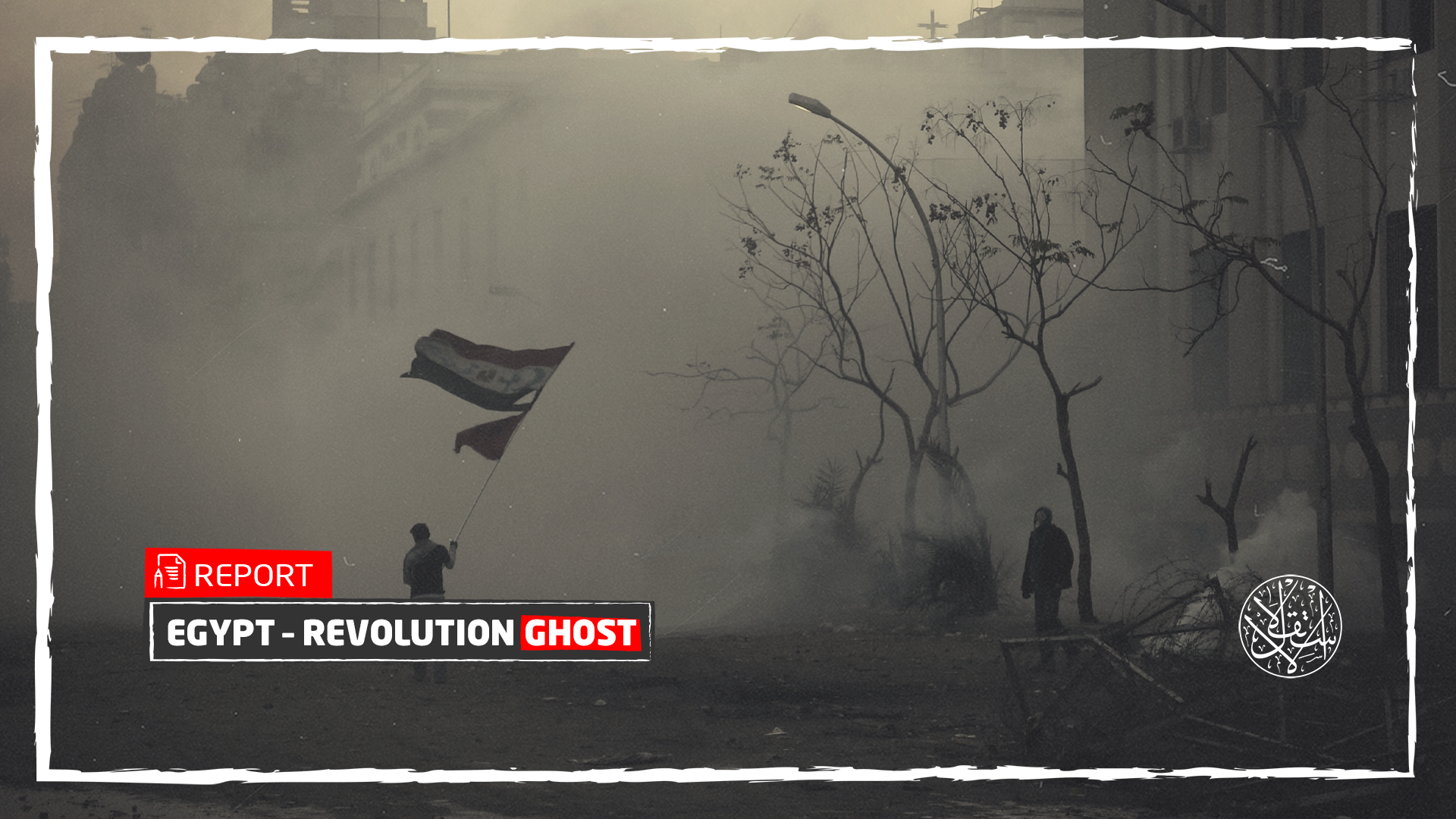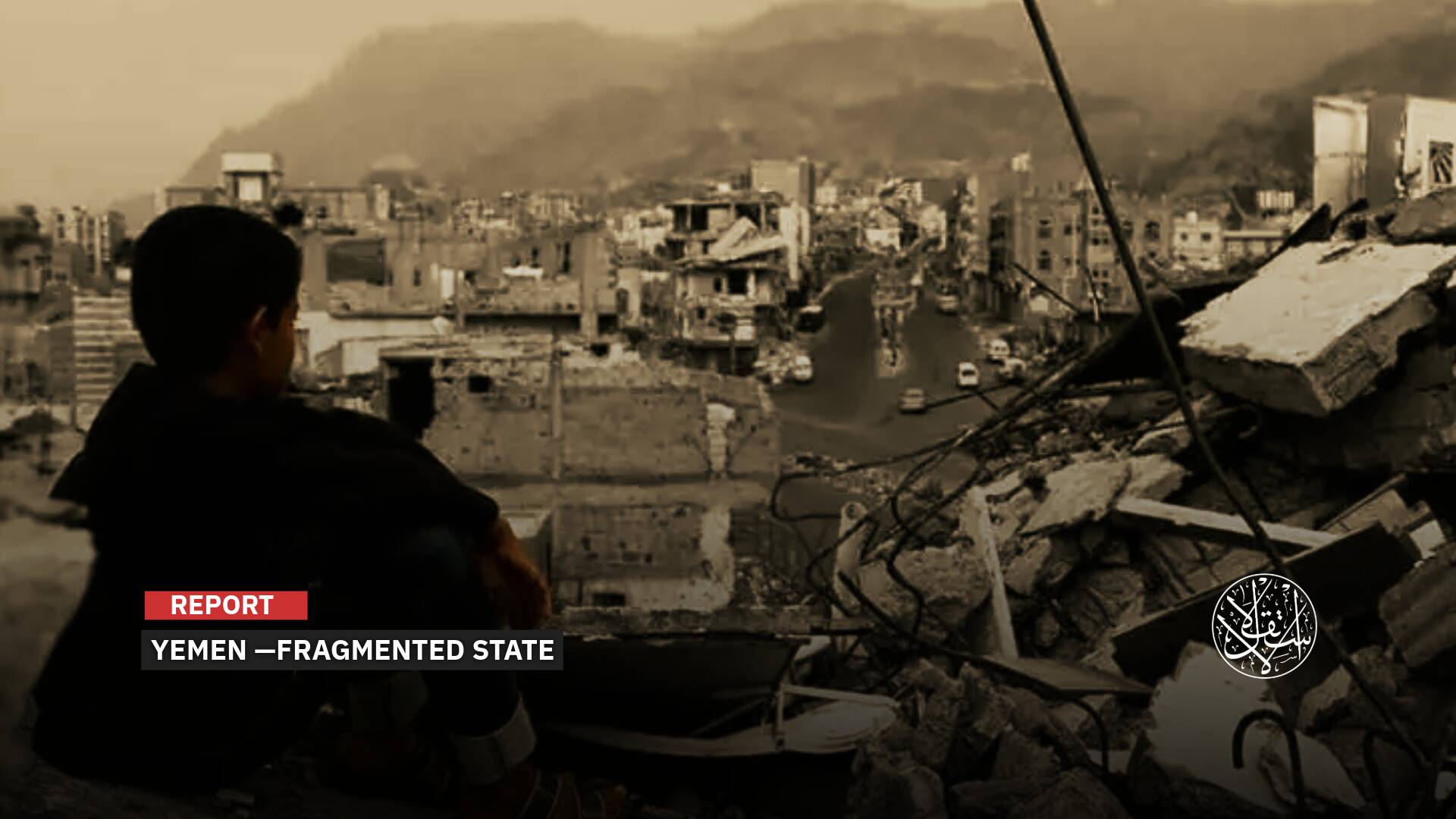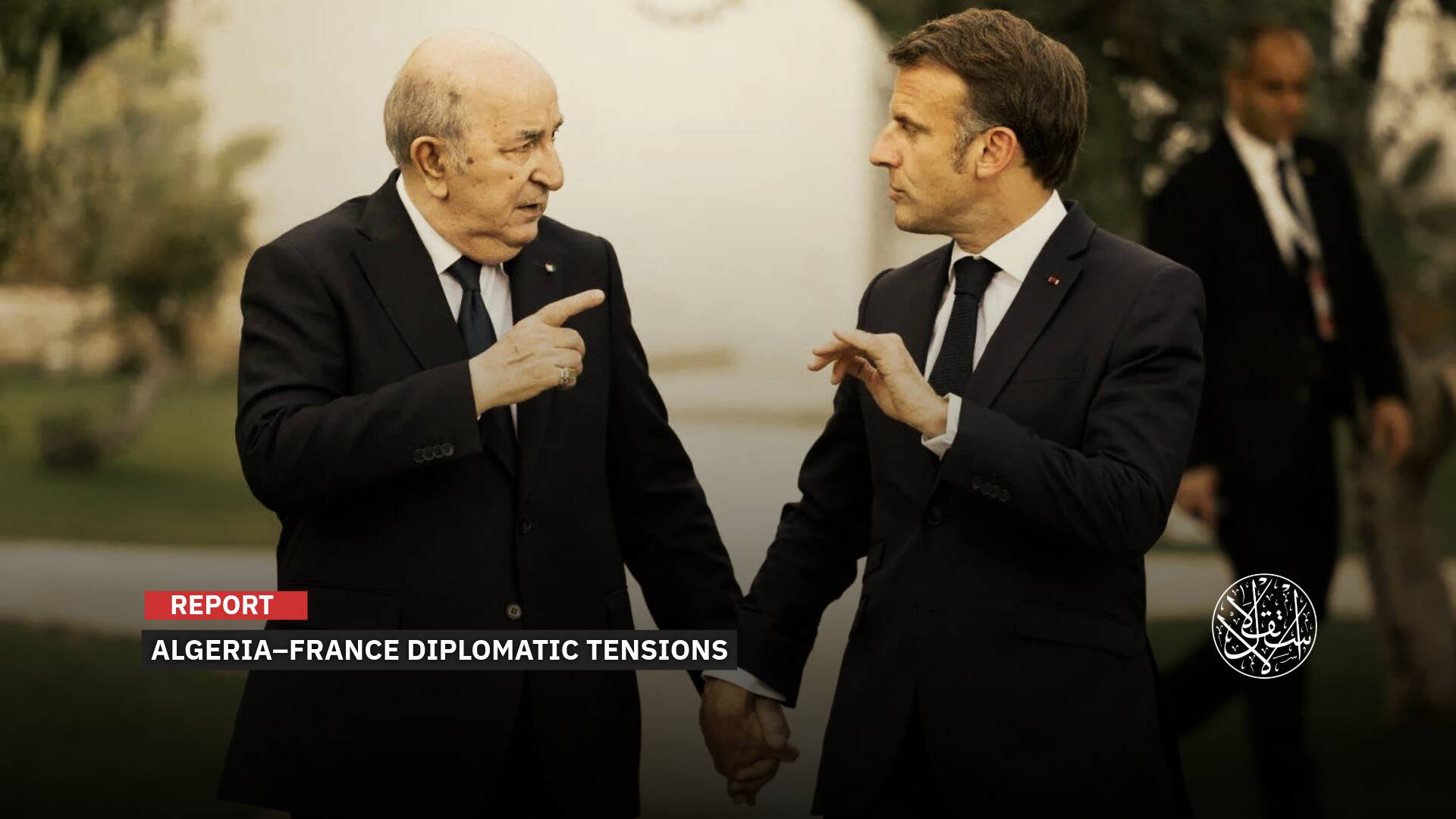Sisi and the Ghost of the January 25th Revolution: Why Come He Keeps Mentioning It With Every Crisis?

The Egyptian constitution states in its preamble that the January 25th Revolution of 2011 was a unique event among the major revolutions in human history and that the armed forces supported it.
However, Egyptian President Abdel Fattah el-Sisi has been attacking it in recent years, as economic and political crises have mounted and criticism of his rule has grown. During the 37th educational seminar for the armed forces held on March 9, 2023, Sisi clearly warned against inciting another revolution like the one that occurred on January 25th.
He spoke about what he called “the conspiracy and its full dimensions,” saying: “The people were busy in the square, while the presence of the Egyptian state was being eliminated.”
This is not the first time Sisi has spoken about the January Revolution, warning Egyptians against falling into it again. Over the years, the Egyptian president has attacked the revolution and blamed it for all the security and economic failures that occurred during his tenure.
Neither the general nor the Egyptians have forgotten the terrible clash that occurred during the 18-day popular uprising when angry crowds moved and occupied public squares and toppled Hosni Mubarak’s regime after a 30-year rule. It appears that the scenario of Mubarak’s fall remains present in the mind of el-Sisi, who rules the country with an iron fist. The man who came from an intelligence background remains cautious and vigilant toward the spreading anger among the people and never relies on his intuition to confront things. Therefore, he has reports and monitoring confirming that an explosion remains possible and strong, according to reports from Western and Arab sources.

Sisi’s Obsession
The most famous time when he attacked the January Revolution was on January 31, 2018, when he became visibly agitated and spoke loudly.
At that time, Sisi said: “What happened seven years ago will not be repeated again,” adding in a threatening tone: “You remember what didn’t succeed then, you won’t make it succeed now, it seems like you don’t know me, right?”
He added: “No one should think of getting involved in this matter. I am not a politician who talks a lot, nor have I ever spoken like this before. Only God knows how the country has returned like this.”
On December 29, 2021, during the inauguration of a national project and just days before the anniversary of the revolution, Sisi spoke about it in condemnation, saying: “I will not forget what happened in 2011.”
He continued: “Egyptians should not forget this year,” and added that “divine intervention saved Egypt from destruction for the sake of 100 million citizens.”
He went on to say: “God saved Egypt for the sake of the simple people due to divine wisdom. Will we repeat the same path?”
On September 11, 2021, the Egyptian regime’s president went further when he saw the revolution as “an announcement of the death certificate of the Egyptian state.”
What is interesting is that Sisi does not attack the January Revolution based on a consistent stance from the beginning, but rather his vision of January carries many contradictions.
For example, on January 24, 2016, he gave a speech about the revolution and paid special tribute to its martyrs. He even pledged to support their families and stand by them in appreciation for their sacrifices.
On January 23, 2019, Sisi congratulated the Egyptian nation on the anniversary of the January 25th Revolution and described it as “eternal in the history of revolutions.” Even in the midst of his attack on the revolution, he returned to praise it as a signal of the magnitude of the oscillation.
In fact, on January 25, 2022, he congratulated Egyptians again on the revolution and spoke to its youth, saying that it “expressed the aspirations of Egyptians to build a new future for this country.” But he added: “His regime and government’s real goal is to maintain the state’s survival.”
An Impending Revolution?
The question that arises in the face of the confusing stance of President Sisi towards the revolution is: why all these contradictions? Why does he attack it at times and praise it at other times?
Numerous reports by international and regional newspapers and research centers have confirmed that Egypt may witness an upcoming revolution, which in itself threatens the current regime despite its harshness.
On January 23, 2023, the Middle East Eye published a report about the situation in Egypt, in which it stated that Cairo is on the brink of a new revolution, one that will be more severe than the January 25th Revolution that toppled the dictator Hosni Mubarak.
The British website emphasized that Sisi is afraid of the possibility of another revolution and has repeatedly warned of the danger of protests. It also indicated that Sisi feels deep concern, and if he does not believe that mass protests are a realistic possibility, there would be no need to issue such warnings regularly.
This was confirmed by the Russian website News.ru in early February 2023, when it spoke about the current economic crisis that threatens Egypt with a new Arab Spring. It mentioned that “the Egyptian pound has dropped to its lowest level ever against the dollar, followed by an economic downturn that fuels social unrest, which keeps the country’s leaders awake at night, fearing a repeat of the revolution scenario.”
The website added: “Indeed, the future of the Egyptian political system is surrounded by many risks that will be triggered by the popular anger that is sweeping most Egyptian social classes, and this regime can be overthrown at any time.”

‘A Powder Keg’
On December 7, 2022, the World Politics Review (WPR) published an article by academic Alexander Clarkson, a lecturer in European Studies at King’s College London, entitled Egypt’s Sisi Is Sitting on a Powder Keg. Clarkson stated that the situation of the Egyptian economy and the spread of corruption in the country under Sisi’s rule closely resembles the reality that Lebanon has been suffering from for some time. The author also observed that Egypt’s current situation closely resembles the situation the country was in before the fall of former President Hosni Mubarak, who was ousted in 2011 after the January 25th Revolution.
In a report published on January 18, 2023, the Financial Times confirmed that Abdel Fattah el-Sisi’s new state, which he promised to build, has already failed, despite aid from Gulf states and donors. The report stated that it is often assumed that Egypt is much too big to fail and that donors or Gulf states will continue to pour in money to save Cairo, but the reality is that with nearly 60 million people living below or just above the poverty line and becoming increasingly impoverished, the state has already failed and is in danger.
Even allies of the Egyptian regime in the occupied Palestinian territories did not ignore the looming danger.
In early January 2023, the Israeli newspaper, Israel Hayom, published an article by writer Dana Ben-Shimon warning of a catastrophic end for Sisi’s regime. She said: “Based on the economic situation and testimonies of Egyptian citizens, there is a great popular desire to get rid of Sisi.” Ben-Shimon cited the opinion of the Zionist analyst Ehud Yaari, who stated that “while Egypt is facing a severe economic crisis, growing Israeli estimates speak of the danger of an outbreak of collective anger in public squares that is no longer a fictional scenario.”
The mentioned analyst predicted that “the state with a population of 110 million would deteriorate into a miserable state due to its huge debts.”
Intelligence Man
The way Sisi deals with the large number of reports that track the anger and resentment among the Egyptian people and the possibility of a revolution is evident in his words and slips of the tongue. This is what Egyptian researcher Mohamed Maher told Al-Estiklal, saying: “Sisi is essentially a military intelligence man. His main task is to monitor reports, analyze them, and deal with them.”
He pointed out that the head of the Egyptian regime “fully realizes that the matter is not trivial and that the reports are not random or based on falsehoods.”
He explained: “Sisi is not Mubarak, he has learned the lesson well and does not want to receive a blow like January 25th, and his regime will work with all its might to prevent it and to distort it in the minds of current generations.”

He continued to say: “We cannot say that Sisi overturned the January Revolution, as he has been an enemy of it since the first moment, and his role during his leadership of military intelligence at the time of the revolution is well known.”
He also pointed out that Sisi is “known as the general of the virginity tests scandal [which began on March 9, 2011, and involved the arrest and torture of female protesters in Tahrir Square by military personnel, including subjecting them to virginity tests], a major scandal that erupted after the revolution.”
He emphasized: “Nevertheless, Sisi’s fear is a source of hope for the people, and the popular uprising in the face of Egypt’s failure on all political, economic, and social fronts is inevitable, and there is no escape, even if the regime becomes more brutal and tyrannical, as poverty and the loss of the future are more severe than all the factors of repression and deterrence.”
Sources
- The text of President Sisi's speech during the educational seminar for the armed forces on the occasion of Martyr's Day, 9/3/2023[Arabic]
- Egypt’s deepening economic crisis
- Hebrew newspaper: The people want to get rid of Sisi because of the economy [Arabic]
- January 25th... Events that remain ingrained in the Egyptian memory despite ongoing attempts to erase them. [Arabic]
- Is Egypt on the brink of another uprising?
- Sisi: The events of 2011 were the declaration of the death certificate of the Egyptian state [Arabic]
- Sisi's options are diminishing and Egyptians have lost confidence in his leadership [Arabic]
- Bread and peace: Cairo entered Moscow through Washington [Russian]










